
Prime Minister’s support for Kamina Johnson Smith backfires as Labour peer is reappointed as Commonwealth Secretary-General.
Boris Johnson has suffered a setback after Commonwealth leaders rejected his attempt to replace Baroness Scotland as Secretary-General, re-electing the Labour peer for a second term instead. The Prime Minister had thrown his support behind Jamaican Foreign Minister Kamina Johnson Smith, hoping she would succeed Baroness Scotland in leading the 54-nation Commonwealth. However, in a significant blow to Johnson’s influence, the majority of Commonwealth leaders decided to retain Baroness Scotland at the helm during the Commonwealth Heads of Government Meeting (CHOGM) on Friday.
Despite private criticisms of Baroness Scotland from UK officials, Johnson’s efforts to secure the post for Johnson Smith were unsuccessful. At a press conference following the decision, Johnson appeared composed and refrained from expressing frustration, stating: “It’s a good day for democracy. I work well with Baroness Scotland, have done for a very long time, and I look forward to continuing our work together over the next couple of years.”
The Prime Minister emphasised that the UK would continue to work closely with Baroness Scotland to strengthen the Commonwealth Secretariat and ensure it delivers value to its members.
In her statement, Baroness Scotland expressed gratitude for her reappointment, calling it “deeply humbling” and a “true honour and privilege” to serve for another term. She pledged to continue her efforts to unite Commonwealth nations in addressing global challenges. “The Commonwealth is richer for the breadth and depth of talented leaders who dedicate themselves to our family of nations,” she added.
Kamina Johnson Smith, who had been Johnson’s preferred candidate, accepted her defeat graciously, writing on social media: “Much love always, I continue to serve, and of course, sincere congratulations to Baroness Scotland.”
While Johnson had championed his candidate, calling her the one with the “vast experience and support to unite our unique family of nations,” the outcome marked a significant diplomatic failure for the UK. Shadow Foreign Secretary David Lammy described the outcome as “humiliating,” stating that it underscored Johnson’s lack of influence within the Commonwealth.
The rejection of Johnson’s bid signals that, despite his government’s strong backing, the Prime Minister’s sway within international organisations remains limited, highlighting the complexities of global diplomacy.









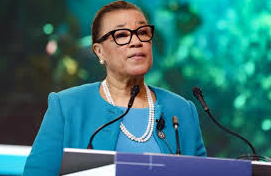


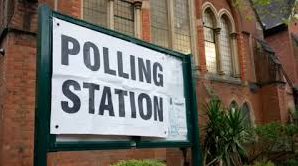
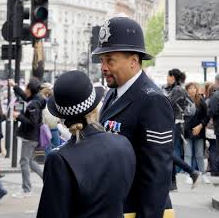

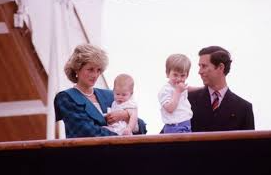


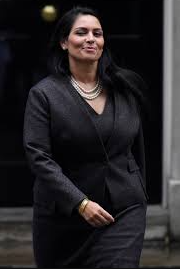

Comments
Hello world!
Pic of the week: Sunset at margate beach
The first day’s journey was through the pink fields
The first day’s journey was through the pink fields
The first day’s journey was through the pink fields